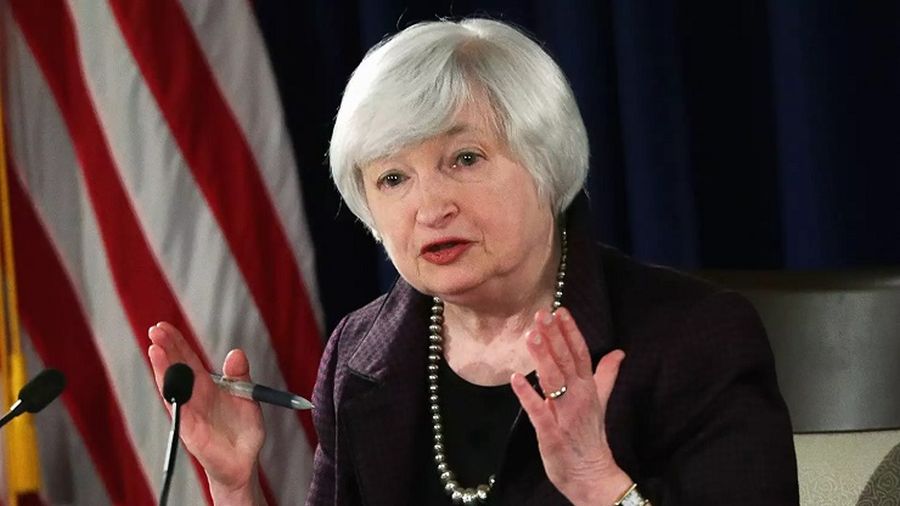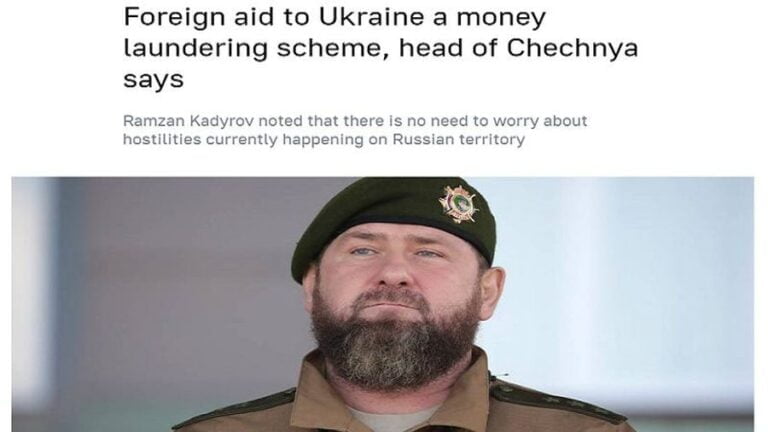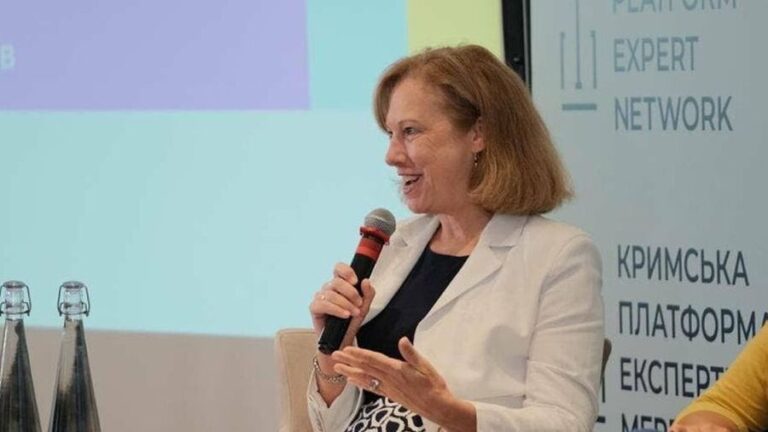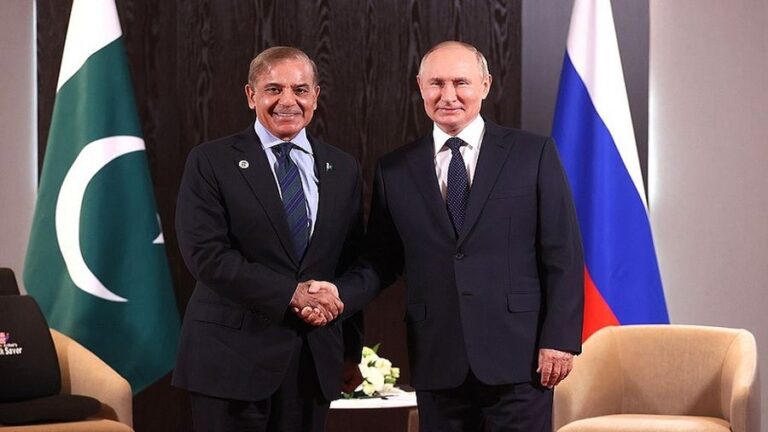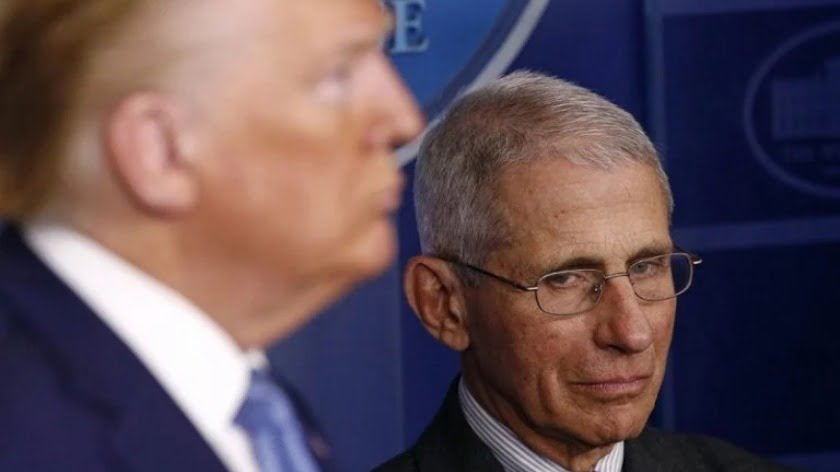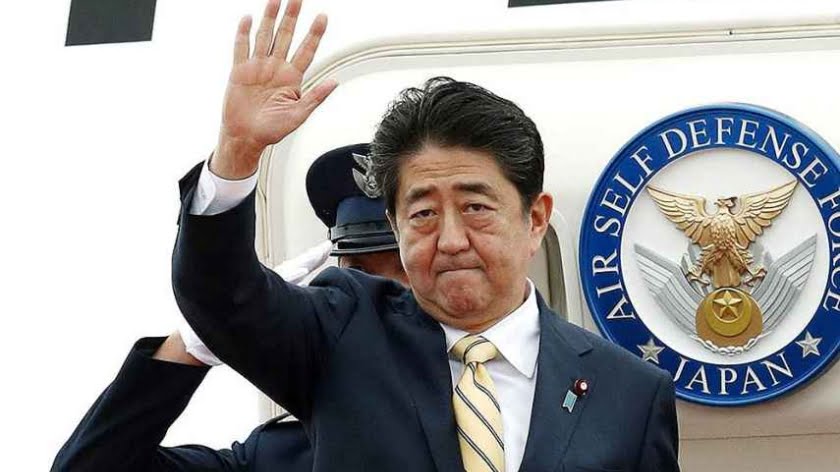Chronicle of the Taiwan Issue: the Role of the “Glass of Water”
The Taiwan cluster, i.e. one of the most important and dangerous in the current phase of the Great Game, and it’s a highly dynamic one. Remarkable events follow one after the other, and at least the most significant ones cannot be overlooked.
The level of “significance”, in the author’s view, is determined by the extent to which each is consistent with a key element of US strategy in Taiwan issues, driven by the gradual attribution of the island to the “normal” object of international relations, and Washington’s relations with Taipei in particular.
One of the main directions in this process is to facilitate Taiwan’s attempts to join (as an observer to begin with) international organizations. In recent months, special attention has been paid to the (outwardly politically innocent) World Health Organization.
It was not chosen by chance and for several reasons. First, WHO is a UN-affiliated organization, the latter ogranization Taiwan had to leave at the end of 1971. Second, in the early days of the COVID-19 pandemic, Taiwan was among the most resilient countries in the world. Its experience was seen as very useful for other WHO members and as an alternative to the “zero-tolerance” strategy followed by China on this issue. This Beijing’s strategy is coming under increasing criticism from geopolitical opponents, who point to it as one of the reasons for the collapse of the “international economic chains”.
In recent months, however, Taiwan (as well as the entire East Asian region) has seen another sharp deterioration in the number of COVID-19 cases. In addition, the PRC has its own counterarguments, including graphic images, to the US criticism of Beijing’s chosen strategy to combat the disease.
Finally, a number of events planned for the current year 2022, both at global (May 22-28 in Geneva) and regional levels, served as a suitable occasion to campaign for Taiwan’s accession to the WHO. In addition to the activism of the US leadership (including President Joe Biden), all major US allies have also been active on this issue. In mid-May, for the third time this year, Prime Minister Justin Trudeau became “active”. On May 19, almost on the eve of the 75th WHO Assembly, a resolution supporting Taiwan’s participation in the event was passed by the German Bundestag.
All of this was to no avail, since China, i.e. one of the main members of the UN and a permanent member of the Security Council of this esteemed organization, was against it. This is by no means an indication of Beijing’s inherent lack of flexibility in its policy on the Taiwan issue. Such “flexibility” could be clearly observed during the period of the Kuomintang’s leadership of the island and the party’s president, Ma Ying-jeou, from 2008 to 2016. This now serves as an excuse for Taiwanese political opponents of both to lash out harshly over the same issue of Taiwan’s participation in the work of the WHO.
The main opponents are the Democratic Progressive Party and its leader Tsai Ing-wen, who has been president of Taiwan since May 20, 2016. Beijing views Madam Tsai as the initiator of “separatist tendencies” in Taiwan, with all the practical consequences of this assessment, including a backlash against the current Taiwanese leadership’s claim to be part of the WHO.
Her sixth anniversary in power, which almost coincided with the start of the 75th WHO Assembly meeting, prompted yet another round of negative comments in the PRC, listing all kinds of “wrongdoings” against the Chinese people.
Meanwhile, public opinion polls on the island itself show that the ratings of the current president and the DPP continue to be at levels that do not yet favor the prospect of their political opponents coming to power in the general elections to be held in a year and a half. Although Tsai Ing-wen herself will no longer be able to run for president. The real state of domestic politics in Taiwan, however, will be judged at the local elections, which are due to take place at the end of this year.
The Taiwanese, incidentally, have also spoken out in favor of the Tsai Ing-wen administration’s “live and fight COVID-19” strategy, i.e. against the “zero tolerance” strategy for cases of the disease. It is with its implementation in the PRC that Taiwan attributes problems in its own IT industry, particularly that of the well-known computer manufacturer Acer.
As during the previous US administration, Washington continues to send conflicting signals towards the PRC. On May 5, the (formerly present) statement that the island is part of China and that the US denies Taiwan the right to state autonomy disappeared from the Department of State’s webpage on relations with Taiwan, which is updated once a year. Something similar was followed at the same time by the US Department of Defense.
This is undoubtedly an important step by Washington in the creeping process of tackling the task outlined above, and one that the PRC could not fail to react to. All the more so since the subsequent “explanations” on the above matter by Spokesperson for the Department of State Ned Price (in particular, his words that the US “does not subscribe to the PRC’s “one China principle”) seem only to reinforce Beijing’s worst suspicions about US policy on the issue.
However, China reacted immediately and positively to a statement (not the first this year) by Secretary of the Treasury Janet Yellen on the need to lift (“for the benefit of the US itself”) at least part of the tariffs on imported Chinese products. Hardly coincidentally, two days later, Chinese Premier Li Keqiang reiterated his country’s unwavering commitment to “openness”.
It cannot, however, be ruled out that Washington is in fact playing “two hands” with its main geopolitical rivals, i.e. China and Russia, in order to encourage one of them (in this case China) not to get “too close” to the other. The latter is already almost openly engaged in an armed struggle with the use (so far and mainly) of Ukrainian “cannon fodder”.
In general, however, the overall picture around the Taiwan issue continues to look, to put it mildly, less and less optimistic. However, the author does not subscribe to the popular hypothesis that an armed clash between the US and the PRC is inevitable (due to the Thucydides Trap effect) and that this issue could provoke it. Not because such predictions reek of “hopelessness”. The hypothesis that the Thucydides Trap is 100% workable completely excludes the role of the human factor in the historical process, which is fundamentally wrong. These or those decisions are ultimately made by people.
A curious incident containing no small amount of symbolism took place in the capital of Japan, which is also increasingly asserting itself in the Taiwan issue. The new US ambassador to that country visited the Taiwan mission (de facto embassy) in Tokyo, where he was treated to a glass of pineapple juice. It should be recalled that in the process of deteriorating relations with Mainland, Taiwanese farmers, who used to send a substantial portion of their pineapples to the PRC, have also suffered. Now Taiwan is trying to divert the marketing of its fruit in general, and pineapples in particular, to Japan. Even a “specialized-Japanese” hybrid pineapple has been bred.
The fact that the US ambassador to Japan was treated to a glass of pineapple juice by some Taiwanese officials in that country may look like nothing compared to regular exercises of the Chinese Navy Group headed by the aircraft carrier Liaoning in the waters around Taiwan and demonstration flights of Chinese bombers and fighters in the airspace adjacent to the island. It should be noted that similarly demonstratively active are the (not at all weak) armed forces of Taiwan, as well as the US forces that de facto support them.
There were, however (according to historical apocryphas), when the “glass of water” played an even greater role than all the brilliant military victories of no less brilliant commanders. And, most importantly, to the more or less mutual satisfaction of recent enemies.
What if, at a critical moment in US-PRC relations (with Russia as an ally), there is such a “glass of water-juice”?

